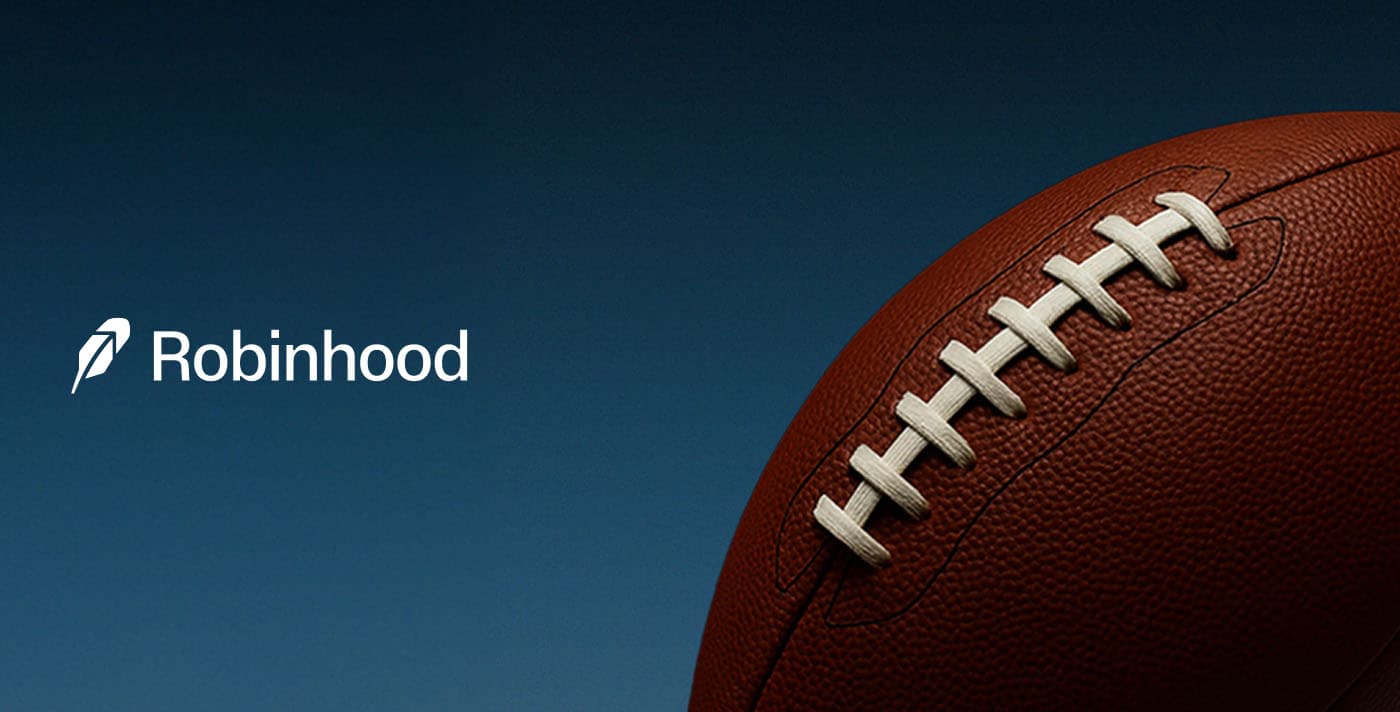Robinhood Expands Sports Prediction Market Amidst Federal Preemption Legal Battles

Financial services platform Robinhood has launched professional and college football prediction markets, allowing its U.S. customers to trade on game outcomes through its Prediction Markets Hub. This move, facilitated by a partnership with CFTC-regulated exchange Kalshi, positions Robinhood deeper into the burgeoning U.S. sports market, estimated at over $120 billion in annual wagers. The company asserts these "event contracts" differ from traditional sports betting, operating under federal commodities law rather than state gambling regulations.
Robinhood Derivatives, LLC, a wholly-owned subsidiary, will offer contracts for regular season pro matchups and college Power 4 schools. JB Mackenzie, Robinhood's VP & GM of Futures and International, stated, "Adding pro and college football to our prediction markets hub is a no-brainer for us as we aim to make Robinhood a one-stop shop for all your investing and trading needs." The platform emphasizes that unlike sports betting, where a firm sets a line, event contracts leverage financial market structures where buyers and sellers interact to set prices.
The expansion comes amidst ongoing legal challenges regarding federal preemption, a core issue highlighted by industry observers like Dan Romero. The central question is whether the Commodity Exchange Act of 1936, which governs federal commodities regulation, overrides state gambling laws. Kalshi, a key partner for Robinhood, has been at the forefront of these legal battles, arguing for federal oversight.
States like Nevada, New Jersey, and Maryland have issued cease-and-desist orders against prediction market operators, contending that these event contracts are effectively unregulated gambling. While Nevada and New Jersey reportedly lost early suits challenging the federal jurisdiction, Maryland achieved an initial win in its case against Kalshi in August. This complex legal landscape suggests the issue is likely headed to the Supreme Court for a definitive ruling.
Polymarket, another prominent blockchain-based prediction market, is also preparing to re-enter the U.S. market under a regulated framework. After a 2022 settlement with the CFTC, Polymarket recently acquired QCEX, a CFTC-licensed derivatives exchange, aiming to offer its services to U.S. users compliantly. This indicates a growing trend among prediction market platforms to seek federal regulatory legitimacy to navigate the fragmented state-level gambling laws.